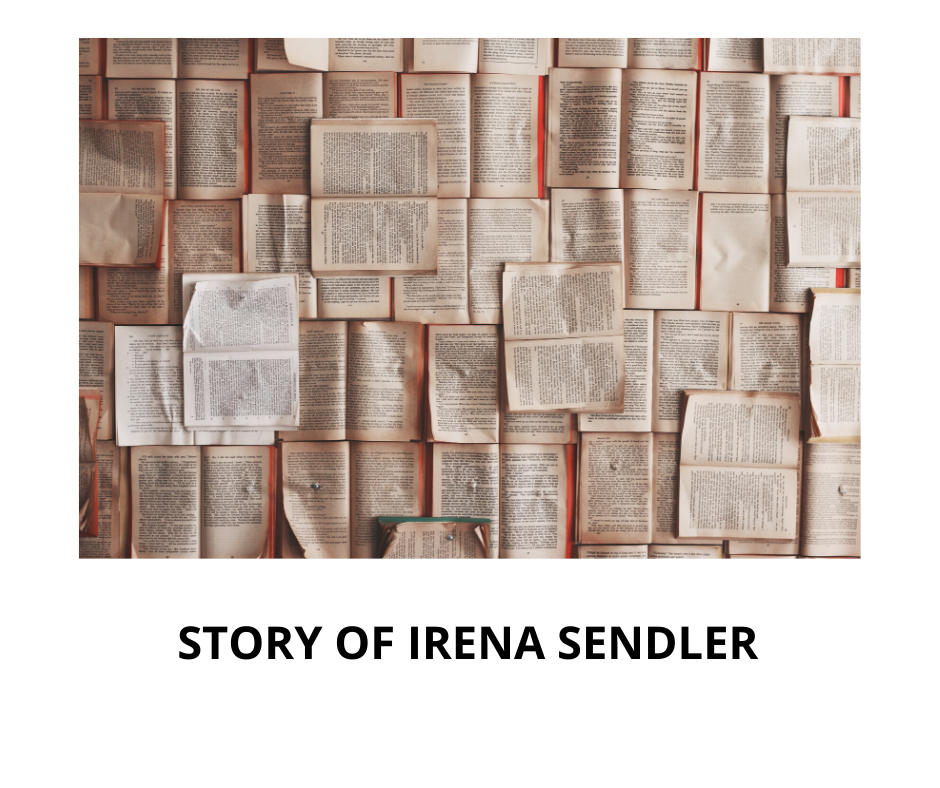The World Is Filled With Diverse Cultures: The Story Of Susan, A Holocaust Survivor

We Are All Connected
April 19, 2016
The Power Of Faith: Father Rookey
April 21, 2016“Life is a one-time gift”
I met Susan at her apartment at the Admiral in Chicago. It was probably the nicest out of all of the retirement communities that I have been to throughout my experience of Chasing Time. It was new and modern compared to many of the other retirement facilities that I had previously visited. Susan told me that her residence had just been remodeled. The views of downtown Chicago and Lake Michigan were spectacular from the inside windows of the facility. Susan was an articulate, very well-spoken woman who proved that she was very well read. She had such a pleasant disposition. I was impressed how interested she was in international relations and by how much she understood the intricacies of foreign relations in the world today. She could not see me during our interview because she had lost her eye sight. Susan could no longer see, but she had technology that allowed her to continue to do things that she enjoyed. For example, she still read many books. She showed me a machine that she had that read books aloud to her. All the technology and accessibility that she had to help her live as she wished to, despite the difficulty of not being able to see, showcased for me that even when we experience a difficulty in life, we can work through those inconveniences.
Back to Breslau, Germany in the late 1920’s
Susan was a one year old in 1928. She was a happy, little girl who was being raised by doting parents. Both of her parents (Mr. and Mrs. Lubin) worked as manufacturer reps in the textile trade in the university town of Breslau, Germany (now Poland). She was an only child for almost four years. Her baby sister, Steffi was then born. The family was prosperous and comfortable, with maids and nannies. Both girls went to local private schools. They traveled, attended summer camps, and went skiing in Switzerland for Christmas.
As for the rest of the population living in Germany in the late 1930’s, things began to change for the Lubin family in 1938. The Gestapo arrested Susan’s father late in 1938. To get him out of being sent to prison camp, the family had to prove they were leaving Germany. They left everything behind and sailed off to Shanghai. “If we didn’t go,” Susan matter-of-factly said, “we would be killed.” In Shanghai, she worked as an au pair for an English family. She learned to speak English from this experience. Germany in the late 1930’s was not the end of the Lubin’s hard times. After Pearl Harbor, the Japanese interned the Lubin family in a ghetto / concentration camp. Susan described to me how she only had rice, soy and cabbage for three years.
WWII ended and the Lubin family was freed from the concentration camp. After experiencing life in the Shanghai Ghetto camp, in 1946, Steffi, Susan’s sister was married. The family stayed in Shanghai waiting for her to have a baby. Susan left for America. She sailed there on a carrier ship. She arrived in San Francisco. She then flew to New York for a brief stay. After New York, she was off to Havana. Her plane crashed off the coast of Jamaica. She then took a plane to Panama and then to Columbia. She moved in with her uncle in a B&B in Ecuador.
In 1947, Susan finally received papers to stay in the U.S.A. She settled in New York and began working as a nanny. Susan met her husband John Herlinger in 1949. They were introduced by mutual friends. They married in 1950 and were settled in New York. They lived in Forest Hills, NY until 1978. It was then that Susan and John moved to Europe. In Europe, Susan used her NYU degree in Biology for pioneer work in the field of Bio-Metrics, working for the Degussa chemical corporation. After John passed away, Susan moved to Chicago to be with her sister, Steffi, as none of her family survived in Germany or New York. Steffi died in October of 2008. After Steffi’s death, suddenly one morning, Susan was stricken blind with temporal arteritis. It was at this point in Susan’s life that I was now meeting her while she resided in a retirement community.
What Susan Taught Us
Susan’s story allows us to reflect on how many cultures comprise our world and how quickly times can change. Susan lived Germany, fled to Shanghai, then she lived in numerous spots before settling in America, next, she moved to Germany with her husband, and eventually she came back to America. The Lubin family escaped from Germany to go to Shanghai. Once in Shanghai, they were interned in a concentration camp. Susan experienced many different cultures and places throughout her lifetime. I asked Susan what living through World War Two taught her. I wondered if any life lessons were imparted to her through her experiences during the era. She was direct and to the point when she answered my question. Susan believed, “Life goes on. You move forward.” Susan shared that things don’t always go how you planned, but you move forward, anyway.
Susan’s life story teaches us that we should persevere and make it through painful times. Susan’s family lost their wealth in Germany in the 1930’s, but they were living and they still had each other. They were lucky enough to escape Breslau, Germany and get away to Shanghai. Material riches are not what matters. Having your life and your family to share your life with are what are important in our world. This is the big take away from Susan’s story. Let us never forget this noteworthy lesson. It was difficult that Susan had to leave Germany as a teenager and that she was interned in a concentration camp, but she never dwelled on any of these adversities. As she said in her own words, “life goes on.” We can all learn an important lesson from Susan and the other fortunate survivors of the Holocaust. In life, we need to rise above the difficulties that we encounter and we need to remember that life goes on no matter what misfortunes face.




